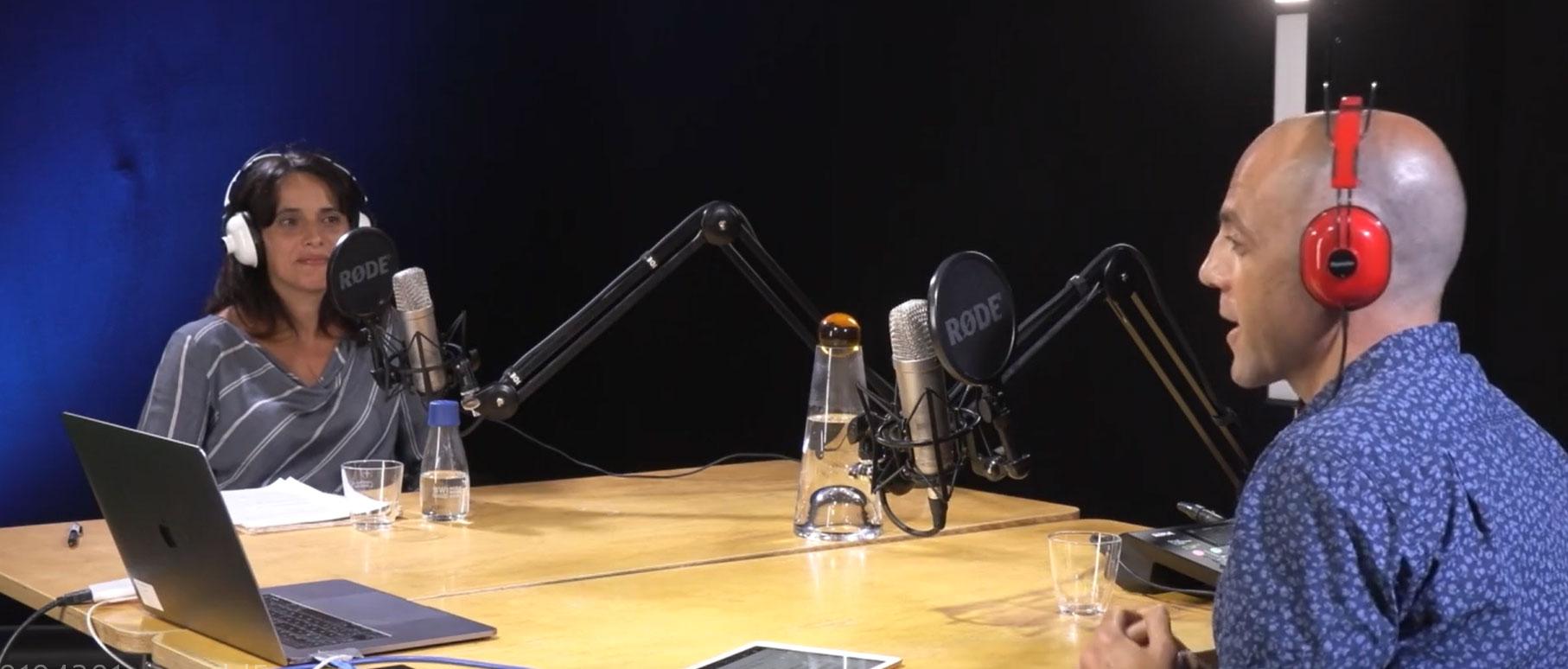COVID-19 is a devastating example of a crisis which ripples through regions and countries, affecting pretty much all aspects of our lives.
The impacts of the pandemic have hit some communities harder than others, especially in the Global South.
Fortunately, we are seeing signs of resilience emerging from many affected communities. There is ongoing mobilization to combat the direct and indirect impacts of the pandemic. This could be crucial when navigating this exceptional situation we are in.
In this episode, Albert Norström from Stockholm Resilience Centre and the Global Resilience Partnership talks to colleague Cibele Queiroz from the beforementioned institutions and Rafael Calderon-Contreras from the Metropolitan Autonomous University in Mexico. Together they take a closer look at some of these communities and how they have responded to this crisis.
What can we learn from them and how can we build social resilience for similar events in the future?
Just want to listen? Here’s the podcast version:
Books and publications mentioned during the talk
Access as the means for understanding social-ecological resilience: Bridging analytical frameworks
Pandemic and food security: A view from the Global South
COVID-19 in humanitarian settings and lessons learned from past epidemics
Left out and left behind: Ignoring women will prevent us from solving the hunger crisis
About Rethink Talks
Rethink Talks is Stockholm Resilience Centre’s multimedia podcast series on resilience thinking and global change. It spotlights conversations between experts on a range of topics that highlight how resilience thinking and biosphere stewardship add value to current debates on for instance COVID-19.

 32 MIN READ / 273 WORDS
32 MIN READ / 273 WORDS